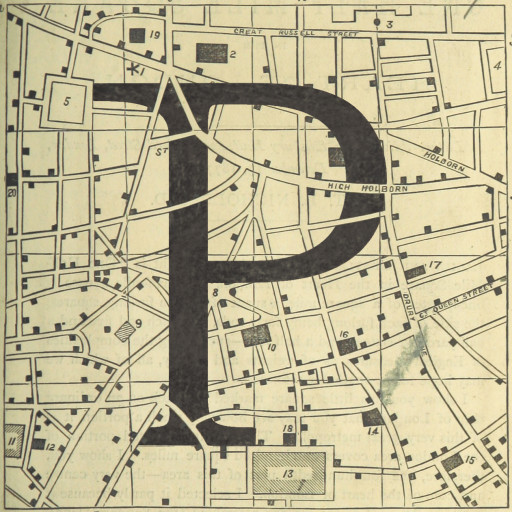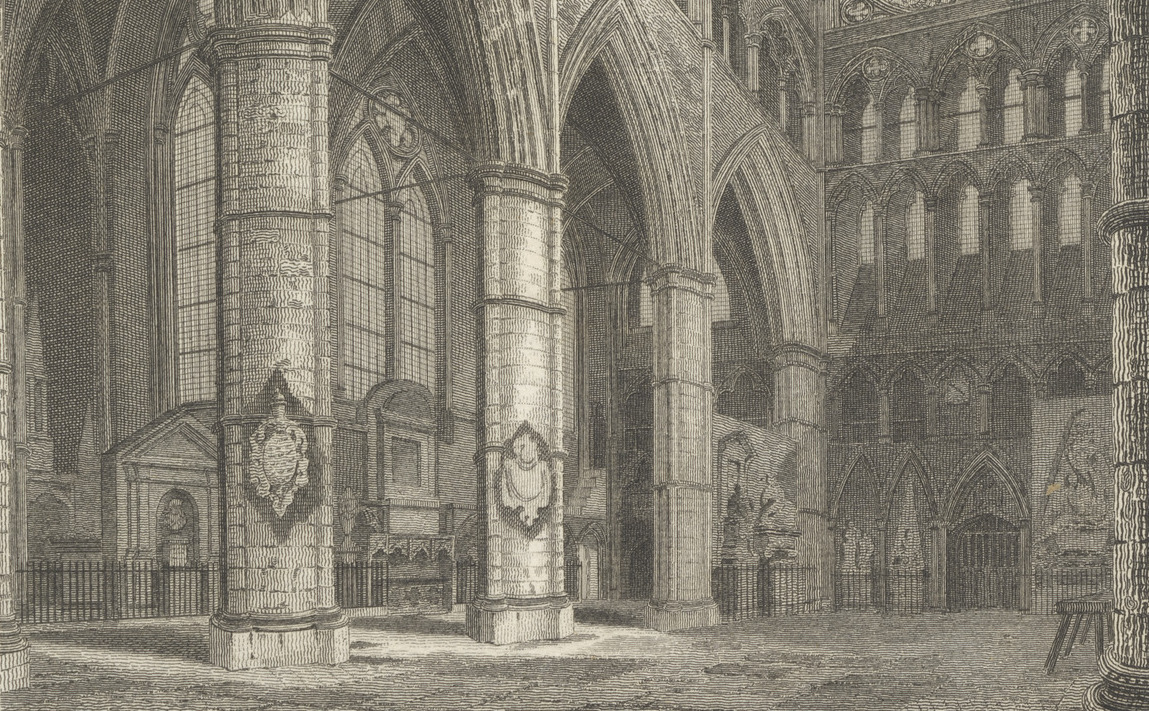It’s National Poetry Day, so I thought it’d be a good time to share some updates on Poetic Places and highlight one of the poems featured in the app.
The project has been quiet for the last couple of months but don’t think that means we’ve forgotten it or been resting on our laurels! Continuing with the experimental aspect of the project, we’ve been exploring potential new collaborations and materials to include in Poetic Places. I can’t talk about them all yet, but you can see the first growth of one such endeavour in the new Music section of the app.
With help from fellow @DrMattFinch (who is both a British Library Creative and Creative in Residence for the State Library of Queensland) I’ve been exploring an unusual collection of Australian materials—a selection of old songs about specific places in Queensland, accompanied by their scores. Though the songs are quite different to (and generally more jaunty than) the poetry in the app they still evoke a sense of the places they’re about, a window into the history of Australia—even more so when accompanied by a little trivia and images contemporary to the music, drawn from the huge State Library of Queensland collection on Wikimedia Commons.
There’s only a couple of entries in the Music section so far whilst we test them and gather feedback, but I hope that this will mark the beginning of our expansion to include both audiovisual content and materials from around the world. We’re also scheduling in more regular updates to the app’s poetic content, so keep checking back as we start populating the UK more widely, and drop us a line if you want to suggest something/somewhere for inclusion!
To round off, I wanted to highlight one of my favourite poems in the app for National Poetry Day—Poets’ Corner, by Robert Leighton. Appropriately, it’s a entertaining commentary on how Britain celebrates its poets through its most famous literary memorial, Poets’ Corner in Westminster Abbey.
I love how Leighton packs in so many references to the interred authors’ works alongside the humour, and whilst some of the allusions may require an impressive knowledge of English Literature to catch, I hope you’ll enjoy it too.
– Sarah

